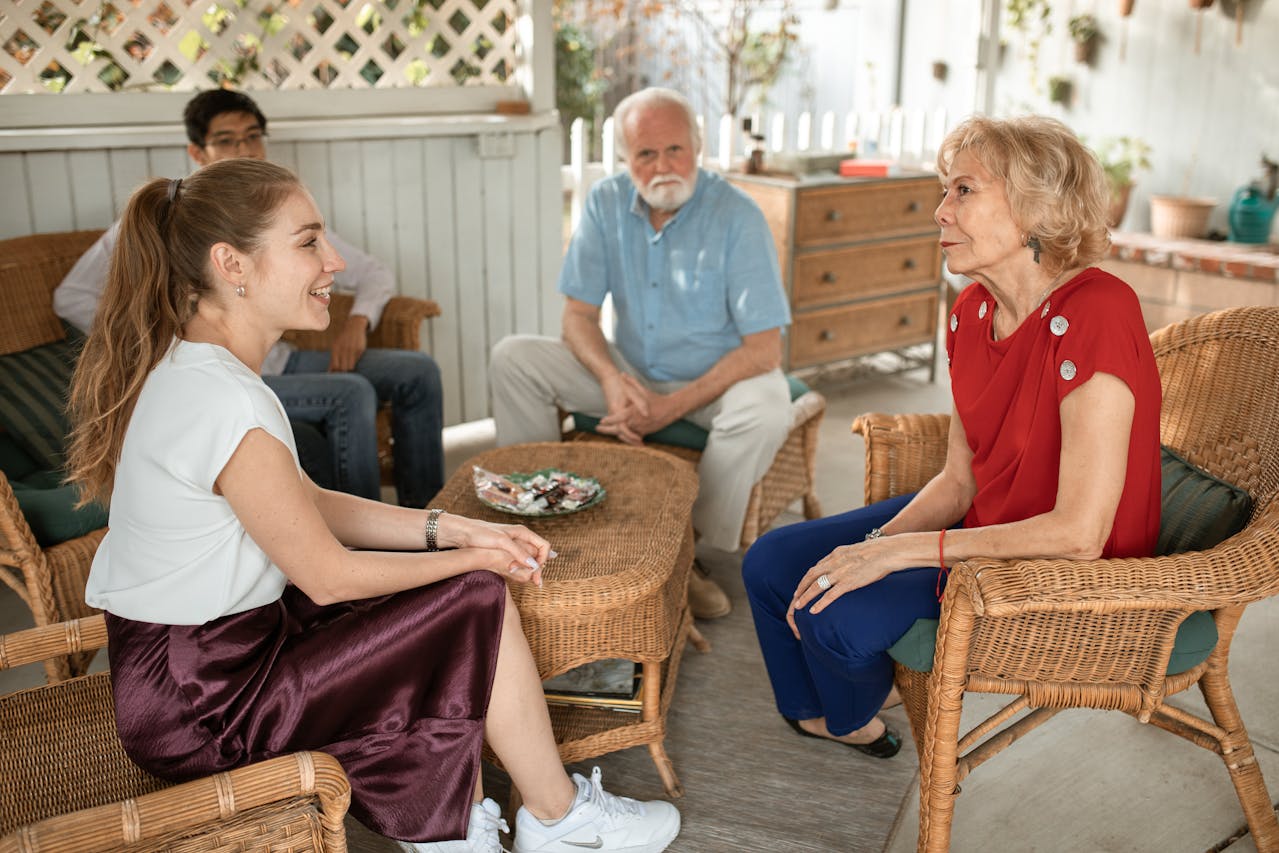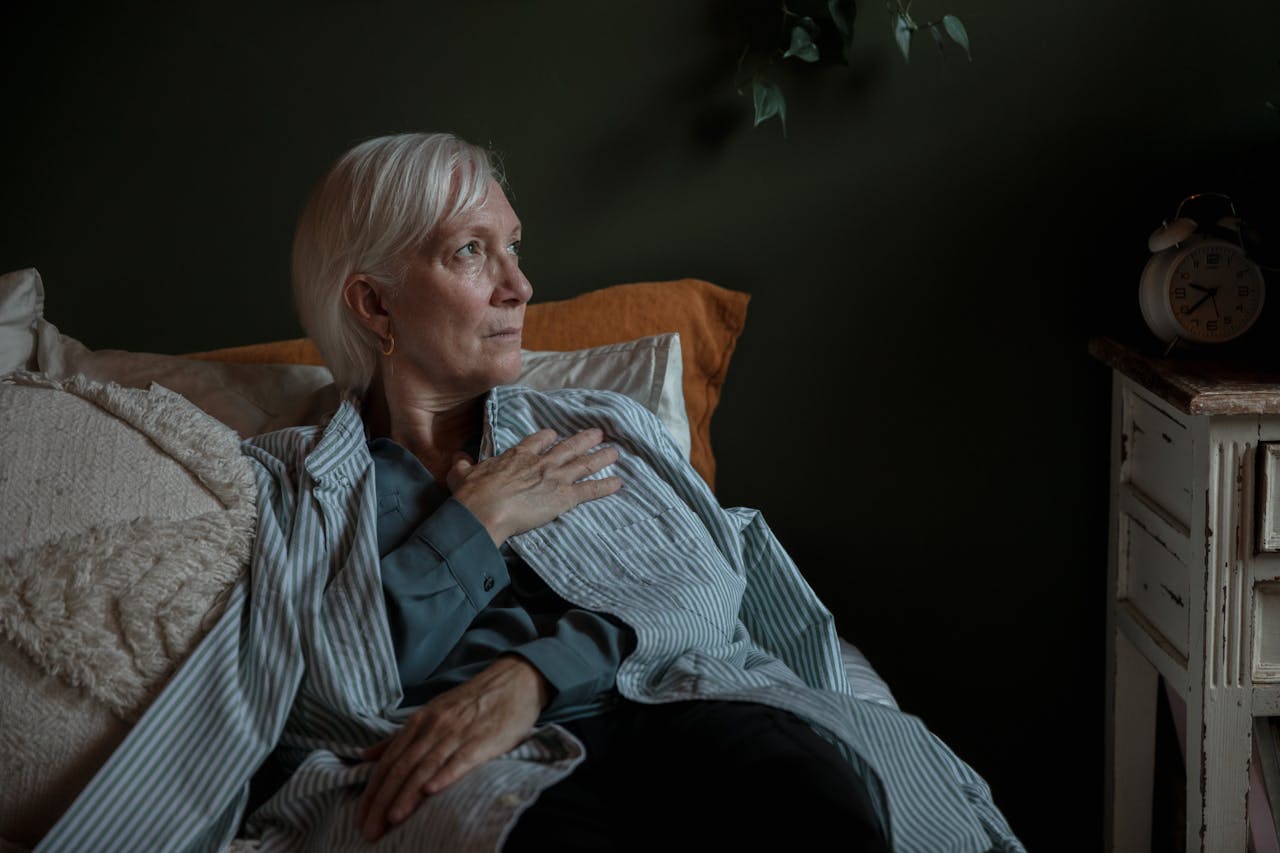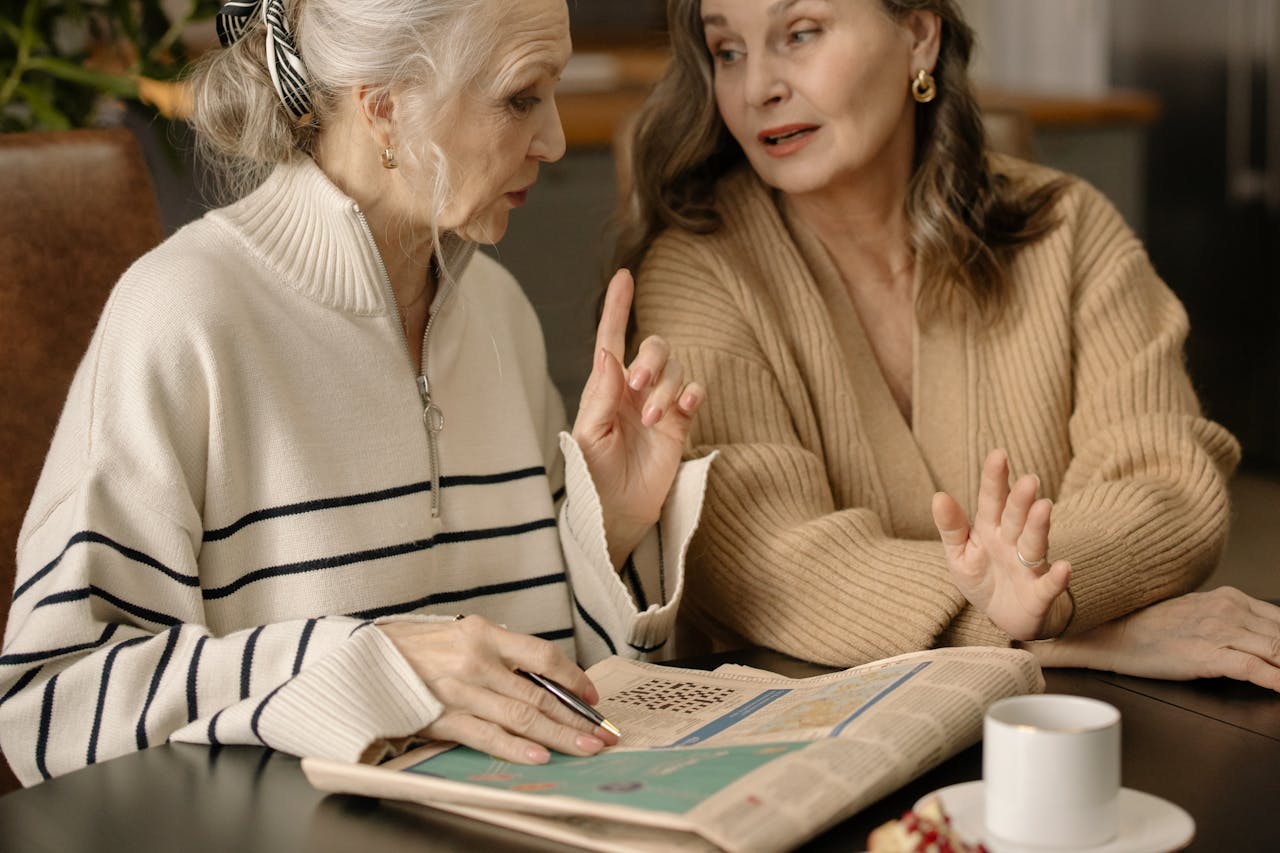12 Things Older Adults Are Sick and Tired of Hearing at This Point in Life

Aging comes with its perks—wisdom, life experiences, and a clearer sense of what truly matters. However, it also brings a steady stream of comments and questions that can feel patronizing, outdated, or downright frustrating. Whether you’re a Baby Boomer navigating retirement or a Millennial stepping into midlife, chances are you’ve heard some of these remarks. These statements often reflect societal stereotypes about aging that fail to capture the diverse, vibrant lives people continue to lead as they grow older. Let’s dive into 12 things older adults are tired of hearing—and why it’s time to retire these clichés for good.
1. “You Don’t Look Your Age!”

While often intended as a compliment, this comment implies that looking your age is somehow undesirable. It reinforces the idea that youth equals value, which is not only outdated but untrue. For Baby Boomers, this can feel dismissive of the confidence and self-assurance they’ve built over decades. For Millennials now entering their 40s, it’s a reminder of society’s obsession with staying youthful. Instead of tying value to appearance, it’s far better to appreciate someone’s energy, wisdom, or sense of style—qualities that transcend age.
2. “You’re Too Old for That!”

This phrase is a one-way ticket to irritation. Whether it’s a Boomer taking a dance class or a Millennial picking up a new hobby, hearing this feels like an unnecessary judgment. Why should age determine what someone can or cannot do? Many older adults are proving every day that life doesn’t stop after 40, 50, or 60. Whether it’s running marathons, starting a podcast, or traveling solo, the phrase “too old” has no place in today’s world.
3. “You Should Act Your Age.”

What does that even mean? For Boomers, this might conjure images of sitting quietly at home, knitting, or watching TV—stereotypes that don’t match the reality of their active, engaged lives. Millennials, often juggling careers, kids, and side hustles, might hear this and wonder, “When do I get to just be myself?” Acting your age should mean living authentically and doing what brings you joy, whether that’s dancing at a concert, taking up rollerblading, or wearing bold fashion choices.
4. “Are You Sure You Can Handle That?”

Few things are as patronizing as having your capabilities questioned simply because of your age. Boomers, many of whom have navigated life’s toughest challenges, find this especially grating. Millennials, now stepping into leadership roles and balancing complex responsibilities, might hear this and wonder why anyone doubts them. The truth is, age doesn’t define ability. Offering help is one thing, but assuming someone can’t manage something is another.
5. “You Must Be So Lonely.”

This assumption that older adults are lonely or isolated doesn’t hold up. Boomers are often deeply connected to their communities, whether through volunteer work, hobbies, or strong family ties. Millennials, despite being the “digital generation,” also value in-person connections and meaningful relationships. Loneliness is a human experience, not an age-specific one. Assuming someone is lonely based solely on their age is reductive and often inaccurate.
6. “When Are You Going to Retire?”

For Boomers, this question can feel intrusive or even anxiety-inducing. Not everyone wants to retire at 65, and for some, continuing to work provides purpose and fulfillment. Millennials are hearing this question earlier than ever, with the added pressure of financial uncertainty and changing retirement norms. The reality is that retirement is a deeply personal decision, influenced by health, finances, and individual goals.
7. “You’re So Lucky You Don’t Have to Work Anymore.”

Retirement isn’t always the paradise it’s made out to be. Many Boomers face financial pressures, health challenges, or the loss of identity that comes with leaving a career behind. Millennials, often juggling work stress, might idealize retirement without realizing its complexities. This comment oversimplifies the reality of retirement, which can be as challenging as it is rewarding.
8. “It’s Just a Senior Moment.”

Everyone forgets things—whether it’s a Millennial misplacing their phone or a Boomer struggling to remember a name. Blaming every lapse in memory on age perpetuates stereotypes about cognitive decline. Many older adults remain mentally sharp and curious, learning new skills and adapting to technology. Forgetfulness is a human trait, not an age-specific flaw, and labeling it as a “senior moment” is unhelpful and dismissive.
9. “You’re Set in Your Ways.”

This phrase unfairly paints older adults as inflexible or resistant to change. Boomers have lived through decades of societal and technological shifts, often adapting with resilience and grace. Millennials, often accused of being “too idealistic,” face similar stereotypes. The truth is, people of all ages can be open-minded, curious, and willing to grow. Assuming rigidity based on age ignores the adaptability and creativity that many people demonstrate throughout their lives.
10. “Aren’t You Afraid of Getting Older?”

This question assumes that aging is something to dread, but many older adults embrace it as a natural and rewarding phase of life. Boomers often speak of newfound freedom and perspective, while Millennials are increasingly reframing aging as an opportunity for growth. Fear of aging is a societal issue, not an individual one. By celebrating the positives—wisdom, confidence, and a deeper sense of self—people can approach aging with optimism rather than fear.
11. “You Shouldn’t Be Doing That at Your Age.”

Whether it’s dating, traveling, or taking up extreme sports, this judgmental remark has no place in today’s world. Boomers are proving that age is just a number, from running marathons to starting businesses. Millennials, often redefining traditional life paths, face similar criticism for their choices. Everyone deserves the freedom to live authentically and pursue what makes them happy, regardless of age.
12. “You’re So Lucky You Have Grandkids to Keep You Busy.”

While grandchildren can be a source of joy, not every older adult defines their life by family roles. Boomers often have rich lives filled with travel, hobbies, and personal achievements, and Millennials are increasingly prioritizing self-fulfillment alongside family. Reducing someone’s identity to their role as a grandparent—or parent—overlooks the complexity and individuality of their life.
Final Thoughts

These tired clichés about aging reflect outdated societal attitudes that fail to capture the full, vibrant lives older adults lead. Whether you’re a Baby Boomer enjoying a second career or a Millennial navigating midlife, it’s time to push back against these stereotypes. Aging isn’t a limitation—it’s an opportunity to grow, explore, and live authentically.
By changing the conversation, we can foster greater understanding and respect across generations. Instead of making assumptions, let’s celebrate the individuality and diversity of experiences that come with each stage of life. After all, aging is not the end of the story—it’s just another chapter, filled with possibility and potential.
Leave a Reply